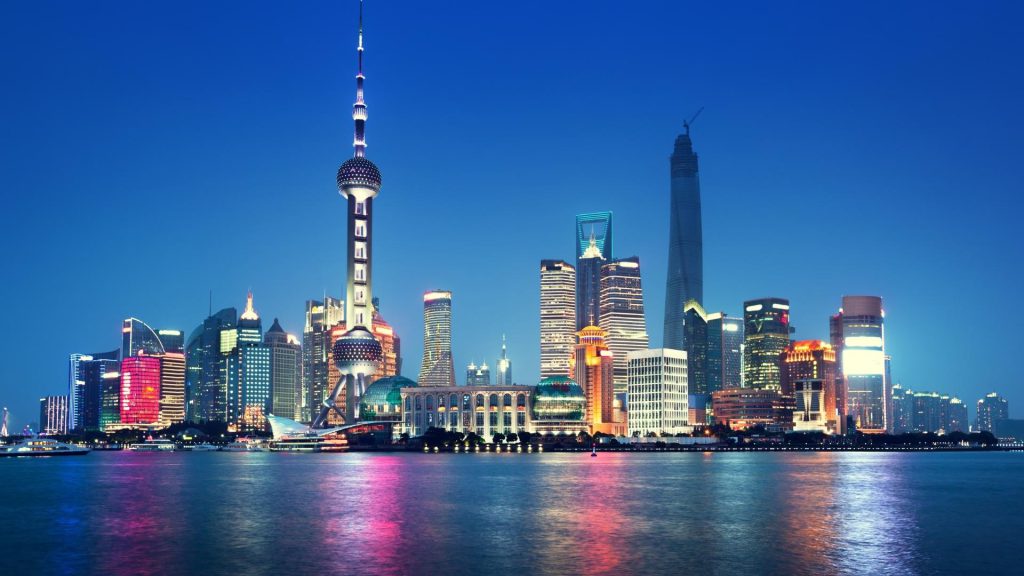The bustling streets of Tokyo were suddenly marred by an unfortunate incident that left two Chinese nationals injured. It was a typical Thursday morning when the tranquility of Tokyo’s Kanda district was shattered by the vicious attack on these unsuspecting individuals. The assailants, armed with iron pipes, struck with sudden brutality, leaving the victims with head wounds that, thankfully, were not life-threatening.
As news of the attack spread, concern and unease rippled through both Chinese and Japanese communities. The perpetrators, described as four young men in their twenties who were previously unknown to the victims, managed to flee the scene before law enforcement could apprehend them. Shockingly, their motives appeared to be devoid of any demands for money or possessions. It was a senseless act of violence that puzzled authorities and bystanders alike.
The Chinese Embassy’s Response
In light of this disturbing incident, the Chinese Embassy swiftly sprang into action. Issuing a security alert, they wasted no time in reaching out to the injured parties and cooperating with local law enforcement agencies. Urging Japanese authorities to expedite their search for the culprits became a top priority for embassy officials.
Concerns Over Rising Xenophobia
Amidst growing concerns about xenophobic sentiments in Japanese society, diplomatic tensions simmered. The Chinese embassy did not mince words when it expressed its grave concerns to Japan’s Ministry of Foreign Affairs regarding the safety and rights of Chinese citizens within Japan. The specter of rising anti-foreign sentiment loomed large over an already tense situation.
Renowned political analyst Dr. Mei Ling offered insights into this escalating issue: “Such incidents not only strain diplomatic relations but also sow seeds of discord among diverse communities living harmoniously.”
The broader context revealed a complex tapestry woven from historical grievances and contemporary anxieties between China and Japan – two nations often at odds yet inexorably linked by geography and shared experiences.
As tensions mounted between these East Asian neighbors, echoes from past conflicts reverberated through modern-day politics – setting a backdrop fraught with complexities and nuances that colored every interaction between the two nations.
A Call for Vigilance
With Chinese nationals forming one of Japan’s largest foreign populations and significant bilateral interactions between the countries on various fronts including trade and culture, ensuring their safety has become paramount.
Guo Jiakun’s impassioned plea on behalf of his compatriots underscored China’s unwavering commitment to safeguarding its citizens abroad: “We urge our Japanese counterparts to take decisive measures to protect our people residing within their borders.”
Despite longstanding cultural ties between China and Japan – exemplified by increasing numbers of naturalized citizens transitioning between identities – recent political shifts have cast a shadow over this delicate balance.
Broader Implications
The attack itself served as more than just an isolated criminal act; it symbolized deeper societal currents at play within both nations. As far-right ideologies gained traction in Japan’s political landscape under banners like Sanseito party advocating nationalist rhetoric tagged “Japan first,” questions surrounding immigration policies reached fever pitch.
Against this tumultuous backdrop loomed anniversaries marking pivotal moments in history – such as World War II commemorations – adding layers of complexity to already strained Sino-Japanese relations.
Dr. Tanaka Hiroshi provided invaluable historical context: “Only by acknowledging shared past traumas can China and Japan forge a path towards reconciliation.”
As nations grappled with reconciling historical animosities against present-day realities shaped by economic interdependence and geopolitical maneuvering across Asia-Pacific regions – each step taken held profound implications for future engagements between Beijing and Tokyo.

